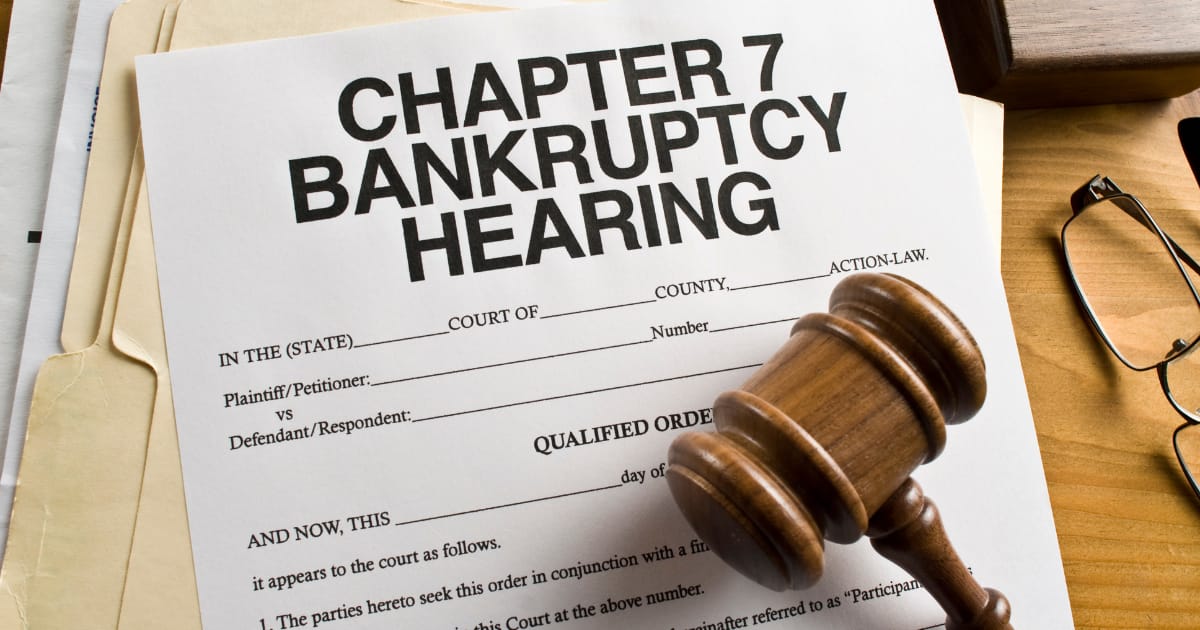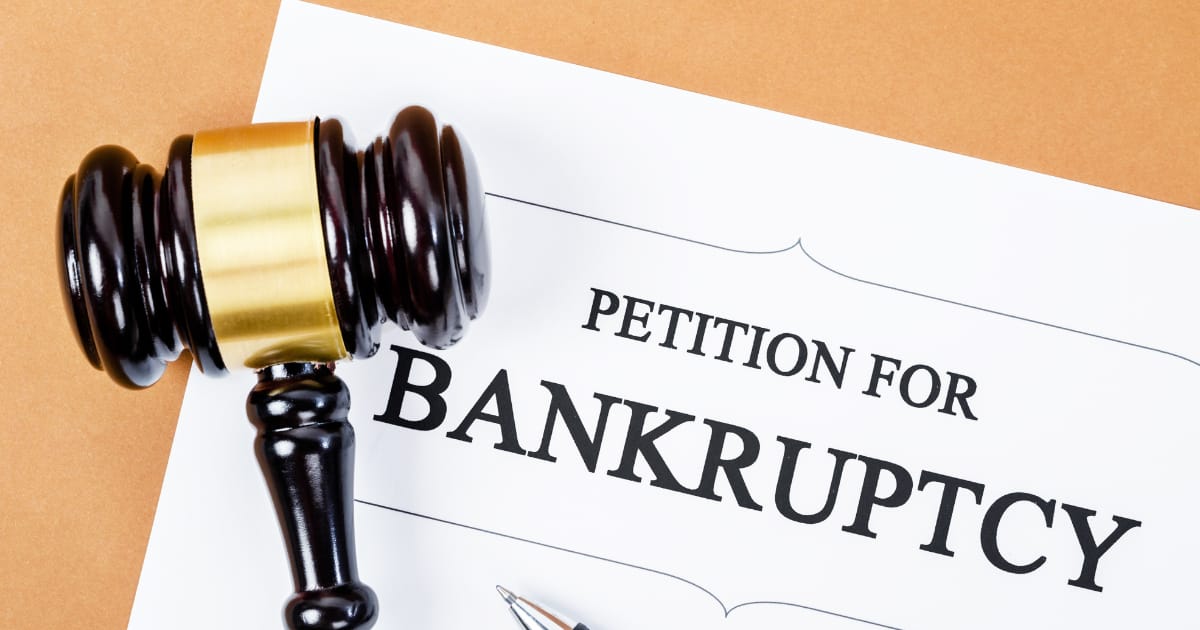
The bankruptcy trustee has many important tasks in the bankruptcy process. A trustee is assigned to every Chapter 7 and Chapter 13 bankruptcy case soon after filing. The trustee is not a judge, but has tremendous influence in the case. The trustee reviews the debtor’s petition, schedules and statement of financial affairs to verify information and calculations. They also examine documents of the debtor’s property, assets and income. The trustee conducts the section 341 meeting of creditors approximately 30 days after filing the bankruptcy. The trustee asks questions about the information in the bankruptcy documents while the debtor is under oath. The trustee’s responsibilities also include examining the assets of the estate, reducing them to cash, and making payments to creditors. The trustee also looks for fraud and other violations of the law in a bankruptcy.
The trustee oversees the administration of the property of the bankruptcy estate and is paid a percentage of any funds that the trustee finds to pay to creditors. The trustee’s job is different in each type of bankruptcy.
In a Chapter 7 bankruptcy, the trustee is responsible for liquidating the non-exempt property of the estate and distributing it to creditors. The trustee must be careful not to liquidate assets that have a valid lien or security interest, such as an automobile or home loan. For example, if you own a car with an outstanding $10,000 title loan, the trustee cannot sell it until paying off the loan. In some cases, the trustee may be able to undo the lien or security interest to get additional money for the estate and creditors.
Trustees are also on the lookout for fraudulent or preferential transfers. For instance, if you give something of value to a friend or family member 90 days before filing, the trustee may be able to set that aside and recover it for your creditors. They also have avoiding powers to set aside illegal preferential transfers, undo security interests and undo certain transfers of income.
Finally, the trustee must review and, if appropriate, object to applications by professionals who seek employment in the case or payment for services. This includes attorneys, accountants, auctioneers, investment advisors, “turnaround specialists” and real estate brokers. The trustee is also involved in reviewing and approving committees that are formed in the case and supervising the actions of the committee members.
Bankruptcy trustees are given a great deal of deference by the court and their view of a particular case is taken seriously. However, the role of the trustee is complex and the trustee’s duties vary depending on the type of bankruptcy you file. An experienced bankruptcy attorney can explain the role of a trustee and help you navigate the bankruptcy process. Choosing an experienced bankruptcy lawyer to represent you is the best way to ensure your rights are protected and that the trustee has an accurate picture of your assets, liabilities and income. Contact us today for a free consultation.






